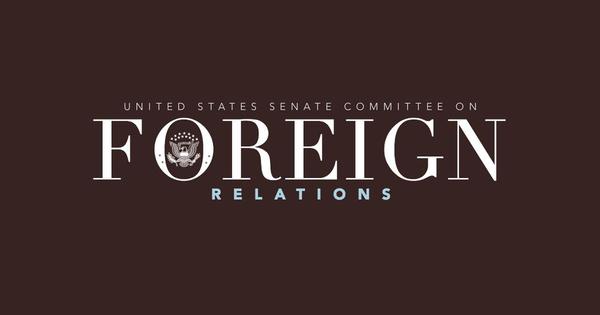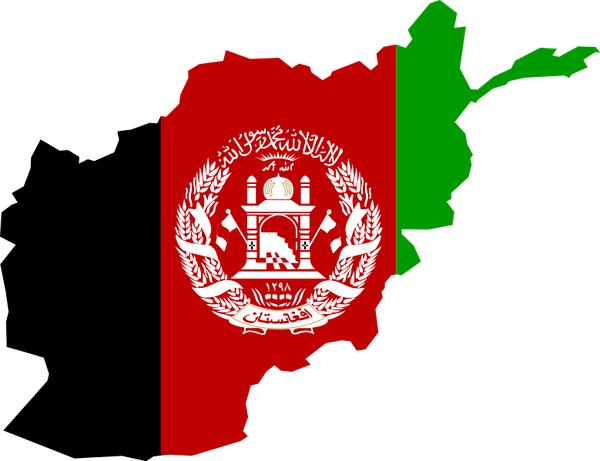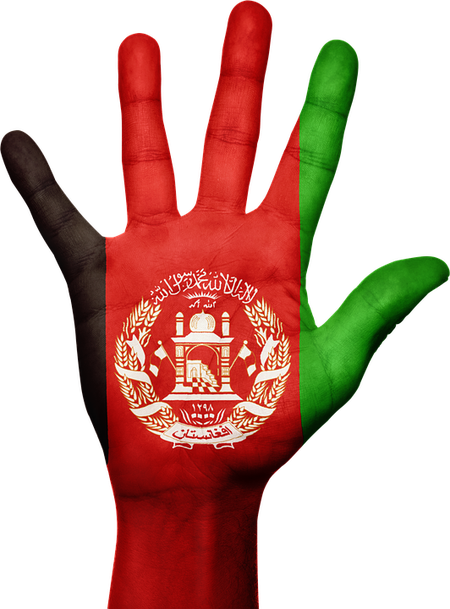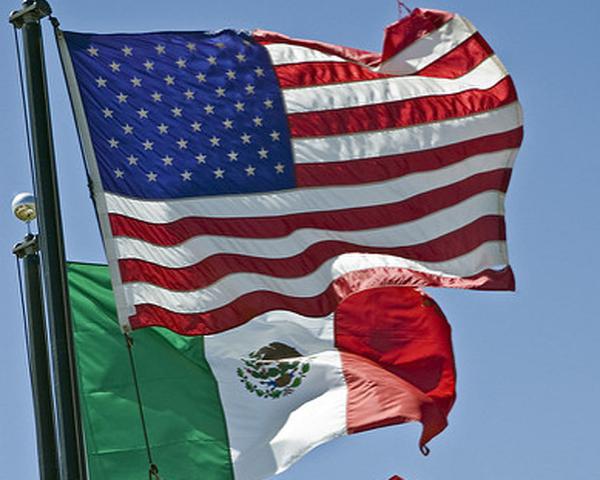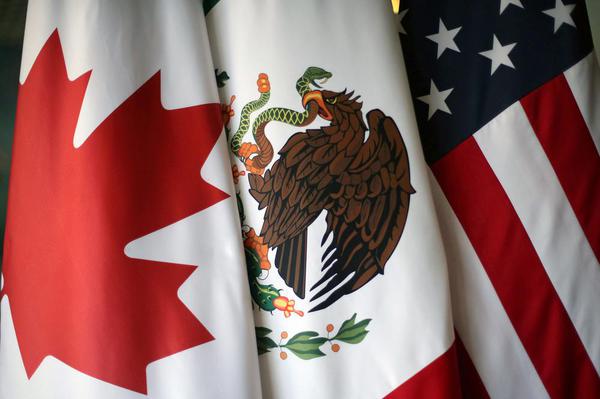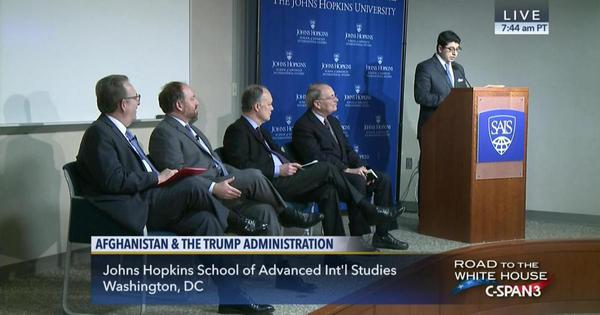U.S.-Mexico Border Mayors Association
•
July 27 2017
Presentation to the U.S.-Mexico Border Mayors Association – Binational Summit, San Diego, CA
NAFTA 2.0 is a big opportunity for San Diego and the entire U.S.-Mexico border region. From the perspective of the cities and states along the U.S.-Mexico border there are two big objectives: first, do no harm to the massive trade, production and investment networks that support over a million U.S. jobs in the border states; and second, assure that NAFTA 2.0 creates new opportunities for economic growth, more fluid commercial border flows, and steps that will make cross-border production more competitive internationally.
